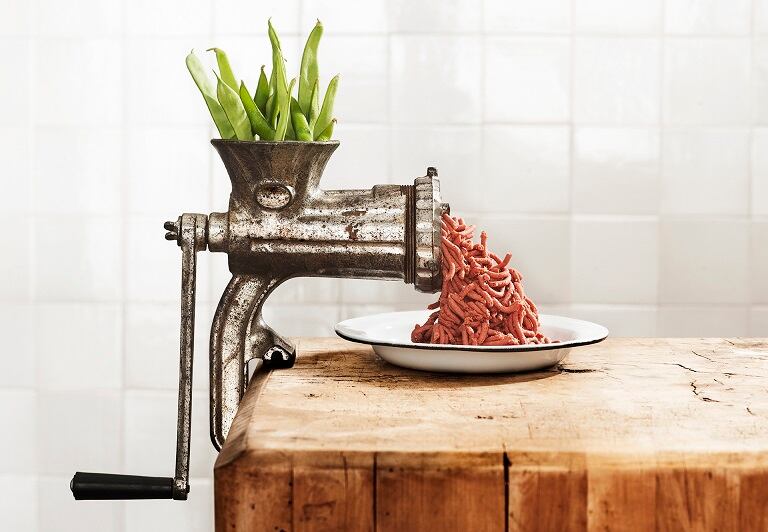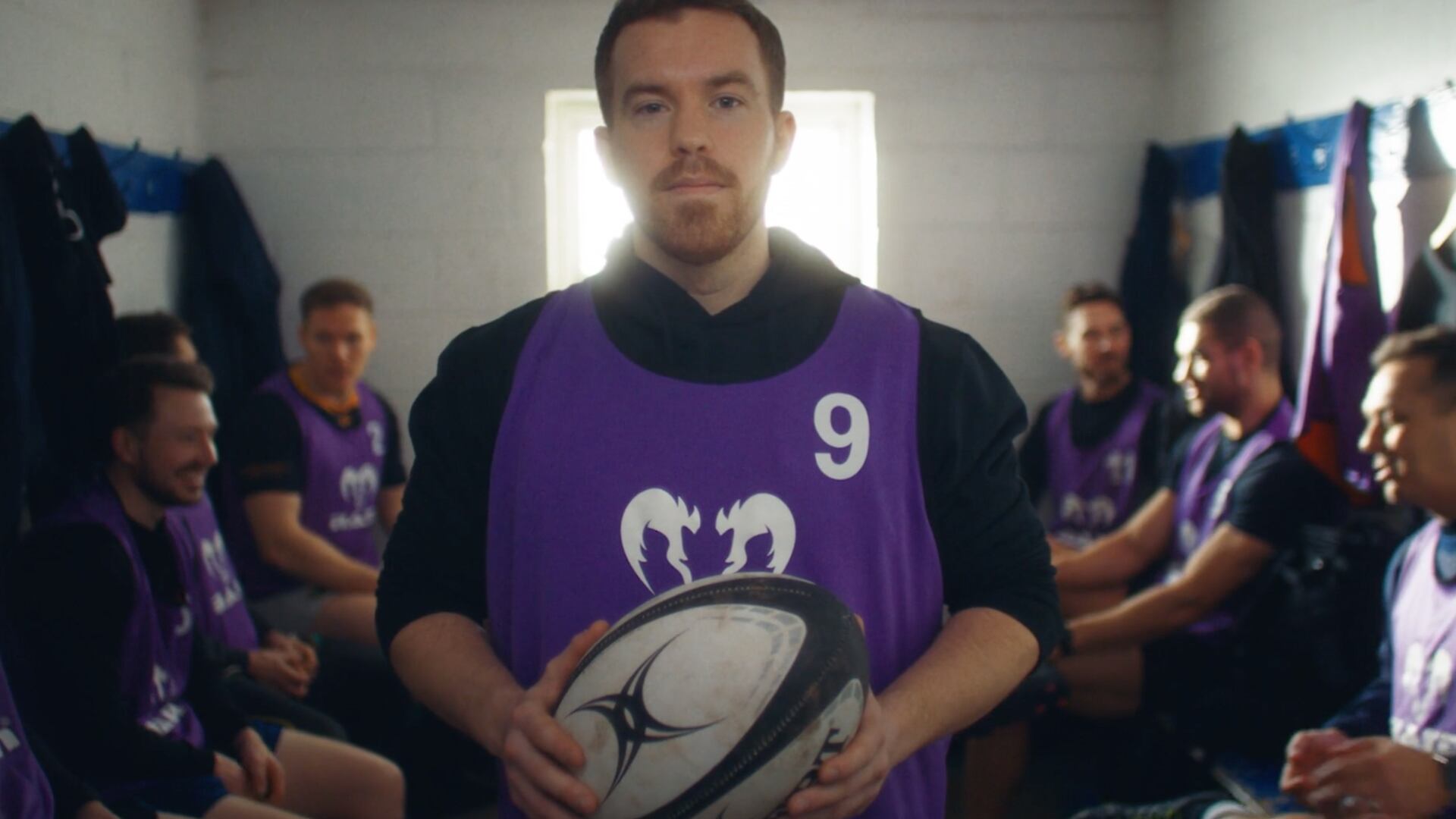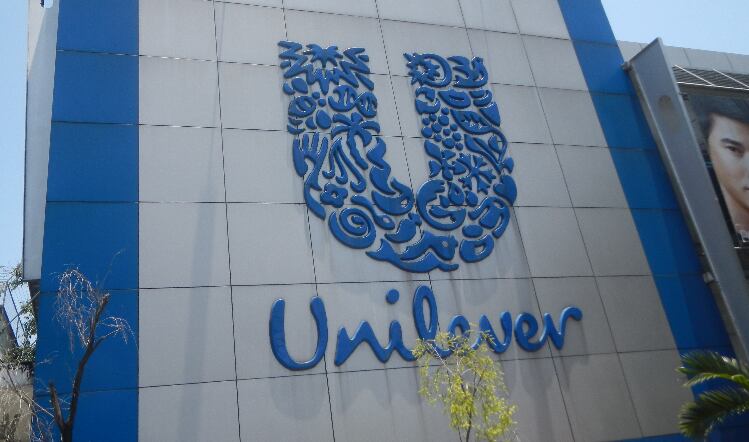On 18 November, Unilever announced plans to achieve global plant-based protein and dairy alternatives sales of €1bn within the next five to seven years. Much was made at the time about how ambitious these targets were, but the company was hardly new to the sector.
The Vegetarian Butcher, the business’s plant-based brand, has been rolling out its meat replacement lines across Europe since its acquisition in December 2018. Its position at the vanguard of this campaign is therefore unsurprising, especially given its November 2019 agreement to supply plant-based patties for Burger King’s Rebel Whopper in 25 European countries, the Middle East and Africa. This has since been followed up through the quick service restaurant (QSR) chain with plant-based nuggets. Penetration into foodservice markets is therefore undeniable.
Last month, The Vegetarian Butcher’s chief executive Hugo Verkuil commented on Unilever’s corporate website: “Our products are now sold in over 20,000 retail outlets in 30 different countries.”
Hellmann’s, Magnum, Ben & Jerry’s, Knorr
In addition, Unilever’s innovation in such products has by no means been limited to this brand. A vegan variant of its Hellmann’s mayonnaise was first launched in the US in 2016 and vegan Magnum was introduced in multiple international markets more than a year ago. Its Ben & Jerry’s Coconutterly Caramel’d Dairy-free ice cream was named alongside the mayo line as one of Nielsen’s top 25 2020 Breakthrough Innovations in Europe.
Unilever’s alliance with microalgae producer Algenuity to provide ample raw material for continued plant-based product development promises significant further potential. So does its €85m investment – announced in 2019 – in ‘The Hive’, a foods innovation centre at Wageningen University in the Netherlands to support research into plant-based ingredients and meat alternatives, alongside other projects.
In tandem with this, Unilever’s Knorr business is also working towards making half its product portfolio plant-based. Earlier this year, it revealed 80% of young people responding to a survey felt frustrated about climate change and were willing to alter their eating habits, for example by eating less meat. A total of 87% said they believed reducing meat intake was an important step to make, with more than half (55%) doing it to combat climate change.
On 24 November, Knorr announced it had invested in the Good Food Lab – a research programme with university students to understand how to shift the world to a better diet for health and the environment.
Carla Hilhorst, European vice president for R&D, Unilever foods and refreshment, explains how important plant-based activity is for the global consumer products group, although she stresses it is just one of several ambitions.
As for whether the business has the production capacity to deliver its plant-based objectives, Hilhorst is relaxed about its capabilities. “At the moment we are not yet extending capacity – there’s no need for that – and we’re tapping into existing capacity around us, whether that’s in our own factories or third-party manufacturing.”
Meat alternatives and dairy alternatives
She’s quick to emphasise that the plant-based target will be achieved through a broad variety of categories, with the focus on existing brands. “Meat alternatives, but also dairy alternatives, so vegan mayo, non-dairy ice cream, vegan ice cream and of course we have a good existing manufacturing base for our mayonnaise and ice cream products in the UK.
“We have an enormous turnover on ice cream and mayonnaise, so if we can shift part of that to more plant-based, there is an enormous opportunity.”
However, despite the undisputable potential of established brands alongside The Vegetarian Butcher, Hilhorst adds: “Having said that, that doesn’t mean we fully rule out that we will also look at other opportunities.”
Nevertheless, some trends clearly offer more potential that others, she argues. “Where we will definitely see continued development is in this whole area of meat alternatives. I think we’re only at the start. This is going to grow massively.
“The amount of people stepping into that category is growing and the frequency of consumption is growing. The most interesting target group are the flexitarians, people who understand they need to shift their diet from an environmental and a health point of view. It’s becoming much more mainstream.”
Plant-based mayonnaise
Turning to the potential for plant-based mayonnaise, she says: “We have launched vegan mayonnaise in a number of markets now, including the UK. One of the things you can look at from a channel point of view is our Food Solutions channel – more business-to-business, but also the QSR channel.
“If you become the chosen supplier for Burger King on [the] plant-based Whopper, then of course we are very willing to engage those type of customers – our vegan mayonnaise could also be an option. That’s not a done deal, but for us those are opportunities.
“If you look at the foodservice side, you have a back-of-the-house and front-of-the-house part. Back of the house is in the kitchen, which the customer doesn’t see, but you also have a front of the house part, where you can have a branded proposition – a sachet.”
Ice cream
Leaving aside these opportunities, ice cream offers a separate strand of innovation, which had only increased since the COVID-19 pandemic began. “One of the things that has accelerated during COVID is the concept of ‘Ice Cream Now’. One of the things our ice cream category started to develop a few years ago was the realisation that we are seeing a huge shift in channels and ecommerce, especially omnichannel is very important for our foods business.
“With ice cream being big time an out-of-home channel, we started saying, ‘hey how do we make sure we also tap into this whole takeaway trend and that we build up our infrastructure there’. In the COVID time that has accelerated enormously and that’s again where the vegan variants can fit into that and [we] can make sure we get a healthy mix between the dairy and non-dairy part of our portfolio.”
According to Unilever, its business-to-consumer Food & Refreshment eCommerce business grew by 139% in its second quarter (Q2), driven by its ‘Ice Cream Now’ eCommerce business. That’s broken down into omni-channel, pure play, direct-to-consumer, and Ice Cream Now (ICNOW), the online ice cream delivery platform. Within that, ICNOW sales doubled in Q2 and Q3 2020, compared with the same periods in 2019.
ICNOW was launched as a pilot at the end of 2016 from a freezer in Deliveroo’s headquarters. Unilever launched it in 2017 in a handful of cities in Europe (including Paris, London, Stockholm, Berlin). In 2018, it started expanding it further to global markets such as the US, China and Turkey. It is now present in 36 markets and delivers within 30 minutes.
As with other product areas, the challenges faced when creating vegan ice cream are centred on balancing taste, texture, nutrition, sustainability and cost, says Hilhorst.
Environmental footprint
She refers to the red flags raised concerning the sustainability and environmental footprint of plant-based products built on soy- or pea-based proteins. “That’s where my team at least and many people outside Unilever are really working on diversification, so that you get a broader palate of alternative proteins that you can choose from depending on your application.” Here, Algenuity’s microalgae solution offers an alternative.
“It’s something we’re looking at end-to-end and it’s also how we’re trying to trigger our partners. We’re saying, ‘don’t only look at your bit. Even soy, where compared to animal protein, it has a better environmental profile, but in creating the soy concentrate we are using, we can also rethink the process, because there you can also reduce your water and your energy.
“In manufacturing meat alternatives we’re using an extrusion process, which is also water and energy intensive, so that’s also something to look at, because then you can reduce the sustainability profile of your product.”
On top of growing consumer awareness of the environmental impact of producing plant-based products, awareness is also increasing that not all such foods are equal in terms of nutrition and health. It’s a sign of how quickly the market is developing and becoming increasingly sophisticated.
Health & fortification
“What we’re really seeing – and that’s where COVID has created an acceleration – is generally consumers are much more aware of the health part of their diet and you also see that within plant-based alternatives. We’re actively looking at that. If you look at, for instance, the salt levels in our Vegetarian Butcher products, we are below the average of the market, but we’re continuously chipping away at that to reduce that further.
“It’s also making sure we are fortifying our products with Vitamin B12 and iron. It’s also delivering quite a bit of fibre.”
Hilhorst recognised the difficulty in ensuring people on vegan diets consumed enough of certain nutrients including Vitamin B12. “There is a slightly higher risk they will get sub-optimal B12 intake. To a certain extent it’s the same on iron. That’s the reason why we have chosen to fortify our Vegetarian Butcher products.”
This dovetails with a wider Unilever commitment to fortify products in all categories with five key micronutrients: Vitamin A, iodine, zinc, iron and Vitamin D.
In conclusion, Unilever is well-placed to realise its €1bn plant-based target. Perhaps the biggest obstacle to that is the intensifying competition in this space from other global giants, from Nestlé, Kerry Group, Tyson Foods and Conagra Brands to rapidly growing disruptors Impossible Foods and Beyond Meat. How that plays out in the next few years remains to be seen.




